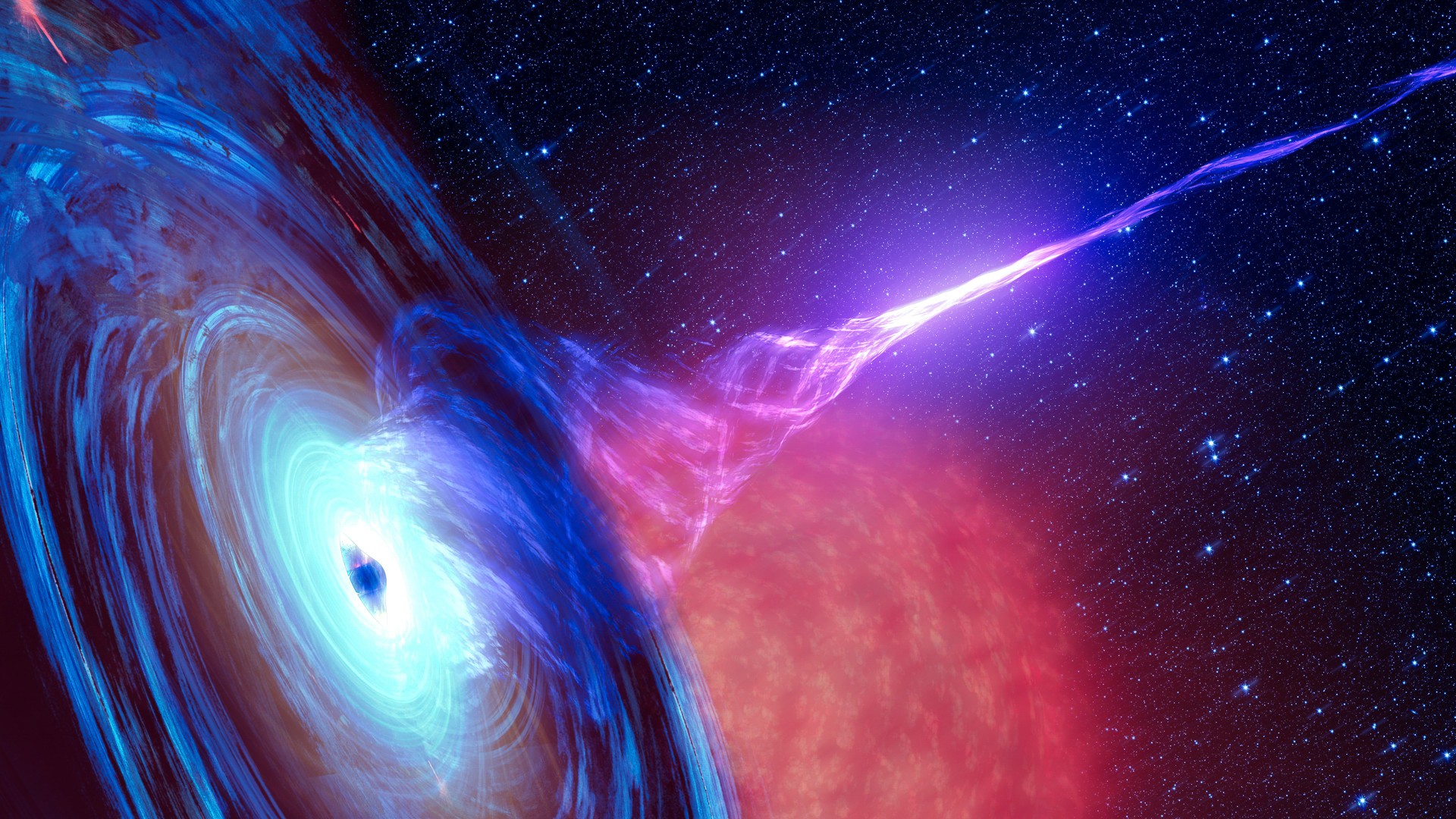
Would you like to operate at the forefront of technological innovations? To contribute with scientific solutions to the known and unknown problems of the future? This master's programme will give you extensive training in modern physics, preparing you to take on such exciting and demanding challenges.
You will learn to identify and explain general aspects of physics that are integral to applications in engineering and natural sciences. Furthermore, learn how to identify relevant theoretical, computational, and experimental methods and apply these to problem-solving across a wide range of fields.
Overview
- Educational areaPhysics, Mathematics and Environment
- DegreeMaster of Science, MSc
- LanguageEnglish
- Place of studyJohanneberg
- Duration2 Years
- Rate of studyFull-time, 100%
- Instructional timeDaytime
- Application period
Mid-October – Mid-January
ⓘ Application period for Chalmers bachelor’s students starts in April
Important dates
- Application opens
- Application closes
Physics master's programme at Chalmers
The master's programme in Physics is intended for those who have a strong interest in theoretical, computational, and/or experimental aspects of physics and astronomy. In short, the theory provides models and concepts that can explain and predict experimental observations. The use of computers allows for numerical computation of the fundamental laws of physics and the use of advanced techniques, for example, machine learning and quantum computing.
Topics range from the subatomic to cosmological scale, covering complex phenomena relevant to, for instance, quantum technology, nanomaterials, and living matter. Further, the programme fosters creative thinking, critical evaluation, and problem-solving/engineering skills grounded in the fundamental principles of the physical world.
In the core courses of the programme, the focus lies on giving you a solid understanding of the fundamental principles of physics, thereby preparing you for a future driven by knowledge and technology. You are recommended to choose two out of five different specializations, namely astronomy, computational physics, high-energy physics, materials science or quantum technology.
Finally, the use of advanced instrumentation, both in-house and at large facilities, like our very own Nanofabrication laboratory, one of the best-equipped university cleanrooms in Europe and The Onsala space observatory, will give you in-depth knowledge of material and biological systems, and of distant stars and galaxies.
Topics covered
Topics covered in the master's programme in Physics at Chalmers include atomic simulations, bayesian statistics, biotechnology, continuum modeling, electronic structure, excitons, exoplanets, galaxies, machine learning, metamaterials, materials imaging, nanomaterials, plasmons, quantum computing, quantum field theory, quantum mechanics, quantum technology, spectroscopy techniques, star formation, string theory, the standard model.The subjects of biotechnical physics and computational science are fundamental areas in the Physics master’s programme. The courses included in the programme plan handle topics such as astronomy and materials imaging.
Career
This master's programme will prepare you for a professional career in the private or public sector, both nationally and internationally. You will acquire a broad insight into the areas of physics that will form the basis for the advanced technologies of today and tomorrow. You will be able to identify and explain general aspects of physics that are integral to applications in engineering and natural sciences.
Our graduates’ expertise in problem-solving and in advanced experimental or theoretical techniques is highly valued in the private or public sector. In addition, the resulting training renders the programme graduates less sensitive to e.g. fluctuations within a particular sector. The master's programme is an excellent preparation for careers in fields that benefit from quantitative and analytical thinking, e.g., industrial research, consulting, teaching, research organizations and an academic career.
Research
Examples of research activities include the study of string theory, computational methods to understand the atomic and sub-atomic scale, energy-related materials, such as lithium batteries, and materials for specific applications, such as nanoplasmonics, interfaces between biological systems and inorganic structures, and advanced experiments, in which state-of-the-art instruments contribute to an understanding of both the microscopic world and astrophysical phenomena.
The research activities connected to the programme are represented by different Divisions of the Department of Microtechnology and Nanoscience, the Department of Physics and the Department of Space, Earth and Environment, but also to several large research centres and, e.g., Graphene Centre and Wallenberg Centre for Quantum Technology. The Physics master's programme is also connected to several of the Chalmers Areas of Advance – strengthening the research focus. The Areas of Advance most closely connected to Physics are Energy, Materials Science, and Nanotechnology. Several excellent researchers take an active part as course-responsible teachers in the programme.
Requirements

How to apply - From application to admission
This is a step-by-step guide on how to apply for a Master's programme at Chalmers University of Technology.
Questions about the application

Phone hours
10:00–11:00 (weekdays)
Specific programme questions
- Full Professor, Subatomic, High Energy and Plasma Physics, Physics
